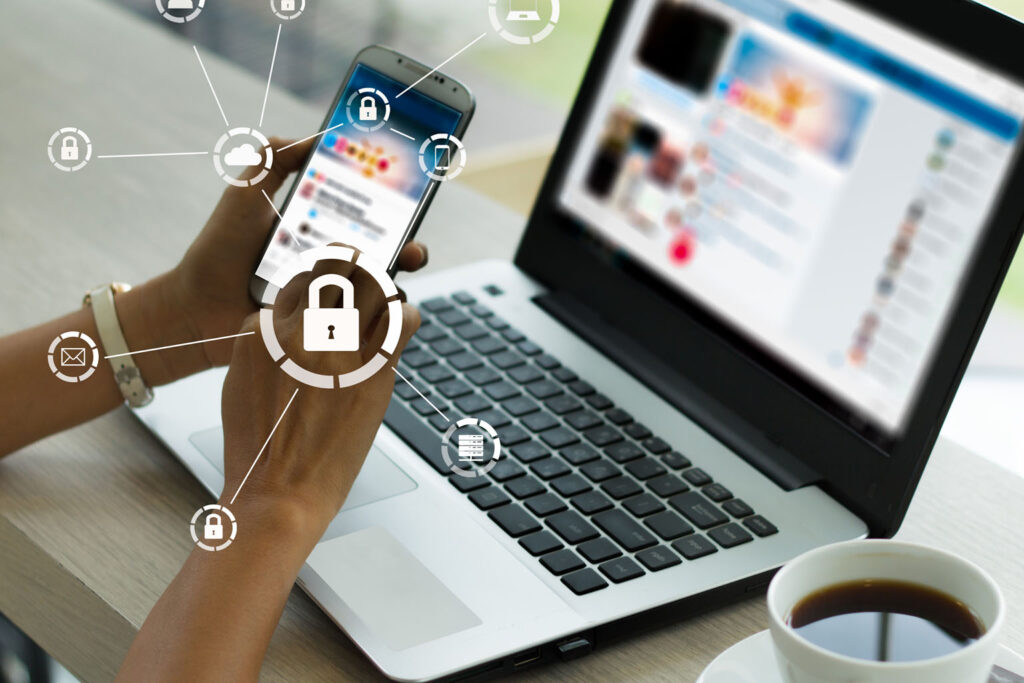When the COVID-19 Pandemic first hit, companies sent employees home to work remotely. Because everything unfolded so quickly, many companies did not have their remote access systems in place, and those that did were lacking in security. The sudden and massive migration left many IT teams scrambling to make things work. During the chaos, several security flaws, misconfigurations, substandard access protocols, and outdated software installations went through undetected.
As a result, Cybercrime during the COVID-19 Pandemic has quadrupled. Remote access vulnerabilities have emerged as the primary target for cybercriminals and ransomware creators. Over the past six months, a number of large companies have been hit with ransomware attacks.
Ransomware attacks are often initiated when a remote user attempts to connect to a compromised server. The attacker can take control of the user’s device or gain a foothold in the system. Once they’re in, they can maintain remote access without anyone knowing.
It appears new remote access security issues are developing every day. For companies dealing with sensitive information, like professional accountants and CPAs, it’s critical to understand best practices and mitigate remote access security risk.
Also read: Why CPAs Should Consider Cyber Insurance
What is remote access?
“Remote access” describes the process of accessing a computer network from a remote location¬—for example, accessing an office network from home. Access is established with either a local area network (LAN), wide area network (WAN), or virtual private network (VPN).
CPA firms can allow team members to use a remote desktop protocol to access a single server with specialized accounting and tax software. This frees the accountants to access client data from any location securely. Remote teams can also collaborate in real-time and access securely stored documents.
Also read: 6 Risks that Land CPAs in Court and How to Mitigate Them
Remote access security risks for CPAs
Password protection failures are among the most common avenues for cyber security breaches. If an accounting firm is not using multi-factor authentication, a one-layer password can get hacked in seconds.
Cybercriminals have access to billions of compromised credentials from past data breaches. They can also use automated processes to crack weak single-layer password protection. They even purchase access to compromised servers, impersonate CPAs, and make fraudulent filings to the IRS.
How to mitigate security breach risks for remote workers
The possibility of a breach will always be present, but there are steps CPAs can take to reduce that risk.
- Firewall and antivirus: Firms should choose a firewall that matches their size. This is step one toward mitigating remote access security failures.
- IDS and IPS: Firms would be wise to invest in IT security services that offer intrusion detection systems (IDS) and incursion prevention systems (IPS).
- VPNs: VPNs are the best solution for remote workers accessing sensitive information. Most business-grade firewalls come with built-in VPNs.
- Multi-factor authentication: Single-layer password protection offers very little protection against a sophisticated cybercriminal. Implementing multi-factor authentication is wise for accounting firms working remotely or in the office.
Also read: 5 Things to Look For in an Accountants E&O Professional Liability Policy
Cybersecurity insurance
The final layer of protection for your CPA and accounting professional clients is cybersecurity insurance. Cyber insurance protects accounting firms when sophisticated cybercriminals breach the best defense measures.
McGowan Program Administrators offers cybersecurity insurance to cover professionals when the unexpected occurs. Contact us today to learn more about how you can best protect your client from a cyber security breach.


